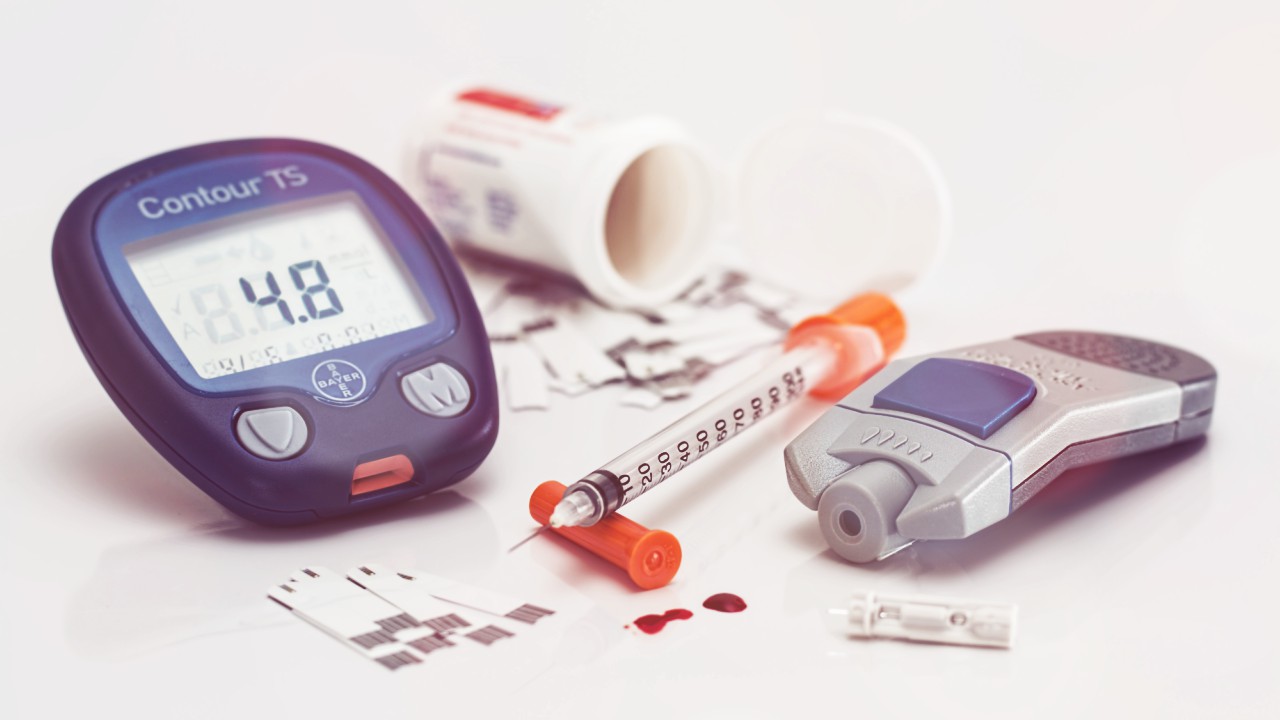 Photo: Getty Images
Photo: Getty Images
Diabetes is a serious medical condition that affects how the body processes and controls the amount of sugar in the bloodstream. When a healthy person eats, food is digested and broken down into sugar which is passed into the bloodstream. An organ called the pancreas creates insulin which is a chemical that helps move sugar (also called glucose) out of the blood and into the cells of the body where it is used for energy.
Defining diabetes
In a person with diabetes, there either is not enough insulin to move all the glucose out of the blood, or the cells of the body become resistant to the insulin which prevents the glucose from being used for energy. Diabetes affects more than 16 million Americans. Studies show gender is not a significant risk factor in developing diabetes. The ratio of men to women with diabetes varies depending on many factors including age and type of diabetes.
• Type 1 – The body produces little or no insulin. This form of the disease is usually diagnosed in children but may also be discovered in adults. Daily testing and insulin injections are needed to help the body regulate sugar levels.
• Type 2 – The pancreas does not produce enough insulin or the cells are resistant to the insulin so it does not work correctly. Often, insulin resistance means the body needs more insulin than normal to the degree that the pancreas cannot keep up with the demand. People who are very overweight or obese are at higher risk of developing this type of diabetes because their bodies need more insulin.
Gestational diabetes
This third type of diabetes is only seen in women who are pregnant. It typically develops around the 24th week of pregnancy. Pregnancy hormones can interfere with insulin and keep it from working correctly, which can cause high sugar levels in the woman’s blood. Because gestational diabetes usually starts later in pregnancy, it does not typically cause defects in the baby.
But if glucose levels are not controlled, the high sugar levels can cross through the placenta to the baby, causing his pancreas to work harder to produce extra insulin to get rid of the extra sugar. Since the baby does not need the extra energy created by the extra sugar, his body converts the sugar to an excess of fat.
If the woman’s blood sugar is not controlled, there can be complications at birth that can be harmful to the baby. A large or “fat” baby is harder to deliver and may require a C-section. If the baby is born with low blood sugar because his pancreas has been working overtime, he may be at higher risk of breathing problems at birth. He may also be more likely to develop type 2 diabetes later in life.
Many women are able to control their blood sugar levels during pregnancy through diet, exercise, and medication. It is important for the health of mother and baby to keep blood sugar levels in a healthy range to limit complications with delivery. Most women who develop gestational diabetes did not have any type of diabetes before pregnancy. In most cases, diabetes symptoms go away after the baby is born. But it is possible for pregnancy to trigger the start of type 1 or type 2 diabetes. In this case, blood sugar levels will not return to normal after pregnancy.
Diabetes can be treated and controlled with a combination of diet, exercise, and medications. If you plan to become pregnant, you and your health care provider can set up an appropriate diet and exercise plan to help you and your baby stay healthy during your pregnancy.
Sources:
Medscape
American Diabetes Association
National Institutes of Health: PubMed Health
Reviewed June 7, 2011
Edited by Alison Stanton





Add a CommentComments
There are no comments yet. Be the first one and get the conversation started!